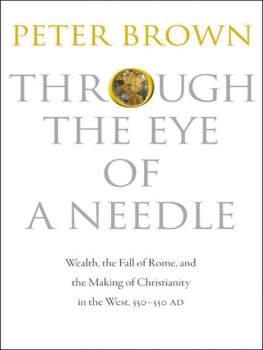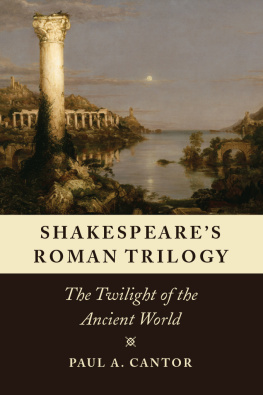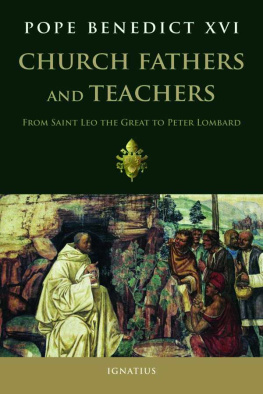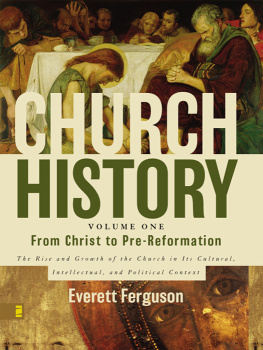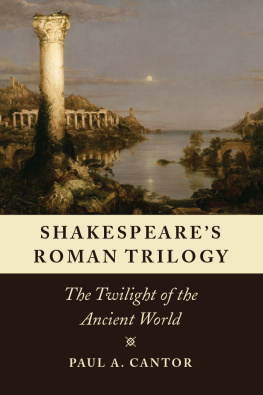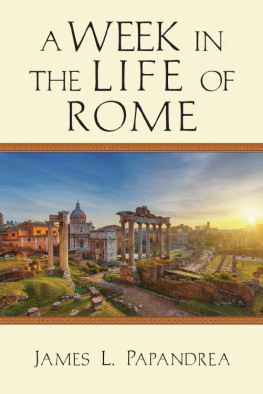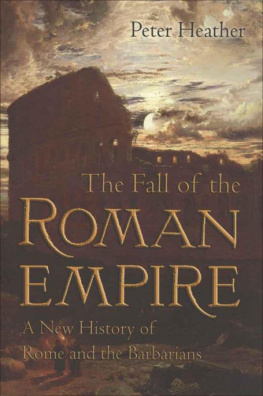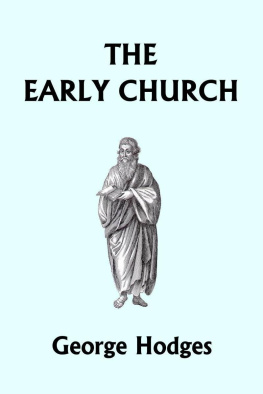ABBREVIATIONS

| CCSL | Corpus Christianorum, Series Latina |
| CSEL | Corpus Scriptorum Ecclesiasticorum Latinorum |
| MGH | Monumenta Germaniae Historica |
| PL | Patrologia cursus completus, series Latina |
| SC | Sources Chrtiennes |
CHAPTER 1

Aurea aetas: Wealth in an Age of Gold
From Rusticulus (Little Farmer) to Censor (Civic Worthy)
______
WEALTH, PRIVILEGE, AND POWER
In this chapter we will start with general considerations. We will deal first with the distinctive manner in which wealth and social status came together in Roman society. Then we will look at the way in which wealth was taken from the land. After this, we will focus on a single century. We will attempt to sketch, inevitably briefly, the structure of upper-class society in the Latin West in the fourth century AD. We will look at what was, in many ways, a new society, where new forms of status and new ways of showing wealth had emerged as a result of a profound reordering of the Roman empire in the period after 300 AD.
Let us begin by asking the first question: What was wealth in late Roman society? Those who observed the wealthy at this time tended to give a simple answer. In the overwhelming majority of cases, wealth was land turned by labor into food, which, in the case of the rich, was turned into sufficient money to be turned into privilege and power.
We can see this process at work on many levels of society. It can be illustrated by a success story from the hinterland of fourth-century Africa. An inscription from Mactar, a city on the edge of the inland plateau of southwestern Tunisia, tells how a truly poor man came into both wealth and privilege. His name is missing from the tomb that he set up, but he is known to scholars as the Harvester of Mactar. He recorded his life in a long inscription. He was never entirely landless. Having barely scraped a living from his own land, he made his way up as a foreman of one of the great gangs of laborers (many of them landless men much poorer than himself) who would spread out over the plateau of eastern Numidia (between modern Tunisia and Algeria) as harvest laborers. Twelve years spent working under the rabid sun made him, at last, the master of a housethe owner of a comfortable farm. Finally, the income from his property made him eligible to membership of the town council of Mactar.
I sat in the Temple of the City Council [the sacred council hall of Mactar] and from a little farmer [a rusticulus] I have become a civic eldera censor.
His life of labor had reaped the fruit of honors.
By joining the town council, our Harvester crossed the most significant social threshold in the Roman world. This was not the modern threshold between poverty and wealth. It was the all-important, Roman threshold between facelessness and honors. Membership in the governing body of a Roman city such as Mactar linked the Harvester to privilege and to power. He ceased to be a mere rusticulusa little farmer. As a town councillor (a curialisa member of the curia, the town councilor a decurio, which was a similar term) he became an honestior, a more honorable person. For instance, he could no longer be flogged or tortured. That, in itself, was no small privilege, which the average subject of a notoriously cruel empire could not claim. His place on the town council and the honors associated with his activities on its behalf made him a little aristocrat in his own region.
There were five hundred cities like Mactar in Africa alone. In what is now northeastern Tunisia, they covered the land in a tight grid. The nearest cities to Mactar were only ten miles away on either side. Most had populations of little more than two to five thousand inhabitants. A modern observer would have called them agro-towns. But this was not how they saw themselves. Technically each was an autonomous republic sheltered beneath the vast umbrella of the Roman empire.
To a modern person, this can appear to be a bizarre situation. It is as if the infrastructure of France and Italy was made up of a network of little princedoms of Monaco and Republics of San Marino. But while, in modern times, these quirky survivals from the world of petty principalities and city-states are tax shelters, notorious for being uncooperative in making money saved within their territories available to the revenue officers of France and Italy, in the Roman empire it was precisely the opposite: cooperation with the imperial authorities in the collection of taxes made the cities important and bound their elites to the empire.
We must always remember that, by modern standards, the Roman empire was a truly minimal state.the surface of an immense empire. The empire rested heavily on the members of these town councils. But it did so in return for giving them a free hand to bear down as heavily as they wished on everybody else. A town councillor entered the world of honors so as to become, also, a little tyrant. His principal duty was to act as an agent of extortion in the name of the empire.
Mactar (like so many other Roman cities) spoke of its town council as the splendidissimus ordothe most resplendent governing body. It governed a territory that extended around the town (in the case of Mactar) within a radius of five miles. But it was the duty of the town councillorsand not (except in states of emergency) of the representatives of the Roman stateto go out each year to extract from the inhabitants of every ecological niche in this small territory the taxes due to the state in money, labor, food, livestock, and other useful materials.
Taxes and demands for labor were presented to each city by the imperial bureaucracy as lump sums. It was for the councillors to divide up these sums among themselves and to collect them from all the inhabitants of their midget state. As a result, in the case of Mactar and of innumerable small cities in every province, the decisions of groups of between thirty and one hundred persons directly affected the fate of thousands through the distribution of the tax load and through its yearly collection.
The Roman system of delegation to the cities ensured that this was an empire where power was never limited to the top. It seeped downward to the smallest city. The curiales (the members of the town council) policed the urban plebs on behalf of the empire. Outside the city, the curiales patrolled a countryside inhabited by rusticulithe little farmers whose fate the Harvester of Mactar had avoided. From these farmers they drew their own income (in the form of rents and produce) and, at the same time, they flexed the muscle of the Roman state at their expense by collecting from them the taxes due to the emperor.
Thus, in the late Roman empire, the rich remained rich because their persons were sheathed in public authority. Even a modest farmer such as our Harvester expected to wrap the authority of the empire around himself once he joined the town council. It was in this direction that his laboriously accumulated wealth had led himand in no other. In Rome there were no persons such as there were in ancient China who could be acclaimed (as the great historian Sima Qian had acclaimed the spectacularly rich merchants and monopolists of the Han empire) as members of an un-titled nobility.
Next page
